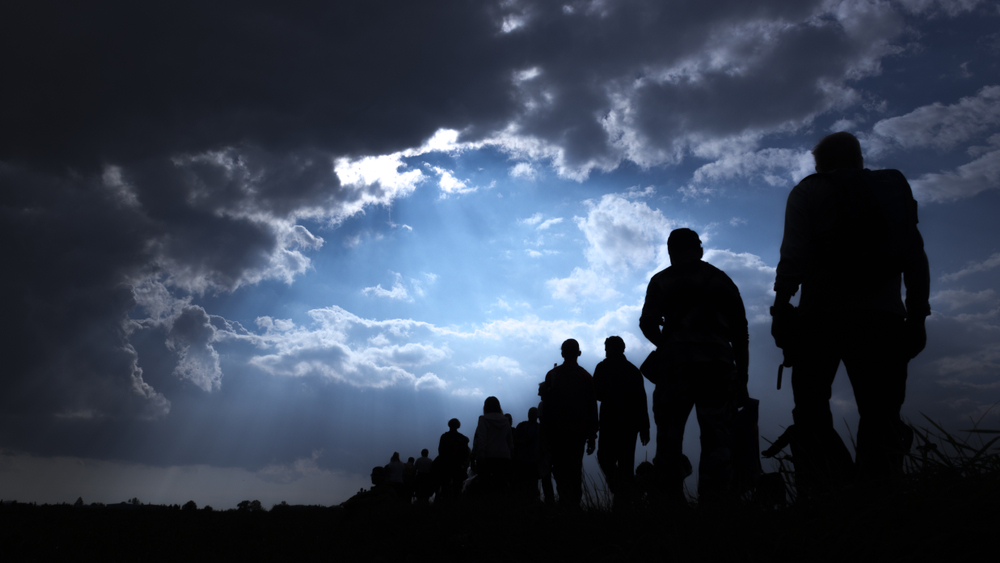Communities in Chicago are tense due to the city’s intersecting housing issues

Mayor Brandon Johnson has had to deal with two housing issues simultaneously during his first months in office: the city’s expanding unhoused population and thousands of recently arrived refugees.
Why it’s important Hundreds of millions of dollars will be needed to address the problem in a year when the city is dealing with a widening budget shortfall and escalating tensions between the Black and Latino populations.
The broad picture: Finding cheap housing for both current inhabitants and newcomers is a challenge even in places with less severe budget issues, raising concerns about priorities. Together with Caitlin Owens, Stef Kight, and Alayna Alvarez from Axios, Monica reports.
What they’re saying: Chicago citizens have questioned why, in their opinion, comparable efforts have not been made to assist the city’s homeless at recent City Council and neighborhood meetings on allocating cash to establish new migrant shelters.
At a meeting last summer, the city’s head of homelessness prevention gave people the reassurance that “no resources are taken from our shelter system and the housing within our shelter system” to lodge migrants.
Between the lines: Homeless advocates in the area caution against presenting the crisis as an issue of us against them.
Chicago Coalition for the Homeless sent a statement to Axios saying, “Chicago’s severely underfunded homelessness system has led to fighting for scarce resources.”
“We shouldn’t be dividing up the Black and Brown communities. We must and are able to improve. While collaborating with areas that have been under-resourced for years, we must develop solutions that boost and utilize resources to create housing for everyone.
Driving the news: The mayor unveiled two divisive solutions this month to address each housing crisis.
High-end real estate transactions would be subject to much higher taxes under Bring Chicago Home, which would generate an estimated $100 million or more annually for homeless programs.
And last week, Crain’s reported that the city had signed a $30 million deal with GardaWorld to construct temporary “base camps” for migrants. GardaWorld has assisted in transporting migrants by bus to Chicago, but has also come under fire for alleged mistreatment and substandard living conditions at its facilities.
Situation: According to the city’s homeless snapshot, there are 6,139 homeless persons in the city on any given night, but activists estimate that figure to be closer to 68,000 when you take into account those who are temporarily sleeping with others.
According to the most recent estimate from the city, there are close to 9,500 migrants living there temporarily.
The most recent: Late last week, the White House approved Temporary Protected Status and work permits for all Venezuelans who entered the US by July 31, 2023, allowing thousands of migrants in Chicago to find employment and maybe alleviating some strain on the supply of temporary housing.
What we’re watching: Johnson’s response to inquiries concerning the city’s selection of GardaWorld as the provider of local base camps and opposition to the Bring Chicago Home idea from the local real estate sector.










